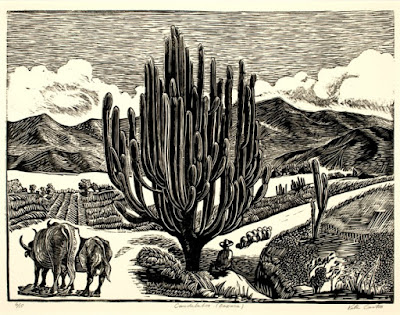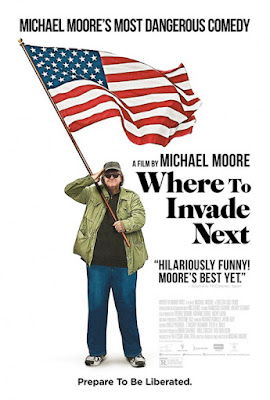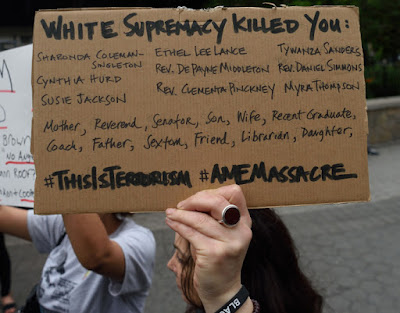Decolonization in the Caribbean #6: Jokes of Leftists Past

This year's regional seminar for the UN Committee of 24 was different than the three previous ones that I attended in a handful of ways. There was always some debate and some rhetorical conflict at previous seminars, but this one extended to a level I had never seen before. Other participants who have been involved far longer than I have, also acknowledged the conflict and tension reached new heights in St. Vincent and the Grenadines. I’ll be writing about this later, but the conflict created a lot of wasted time and also of waiting around for events to unfold or drama to be sorted out. This led to a lot of conversations that you wouldn’t normally take place, as people anxiously waited for the work of the seminar to move ahead. A lot of these conversations ended up being humorous as people sought ways to ease the tension and also pass the time. I heard a lot of funny stories from across Latin America, to the Caribbean, the Pacific. In this mix there were stories of parliamentary


